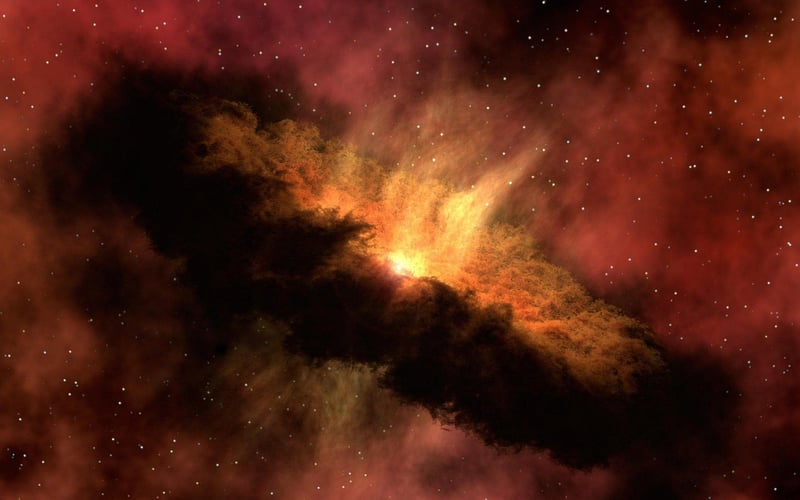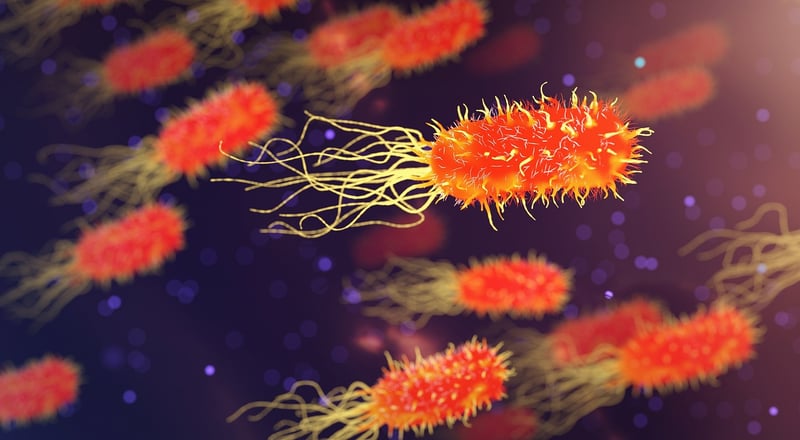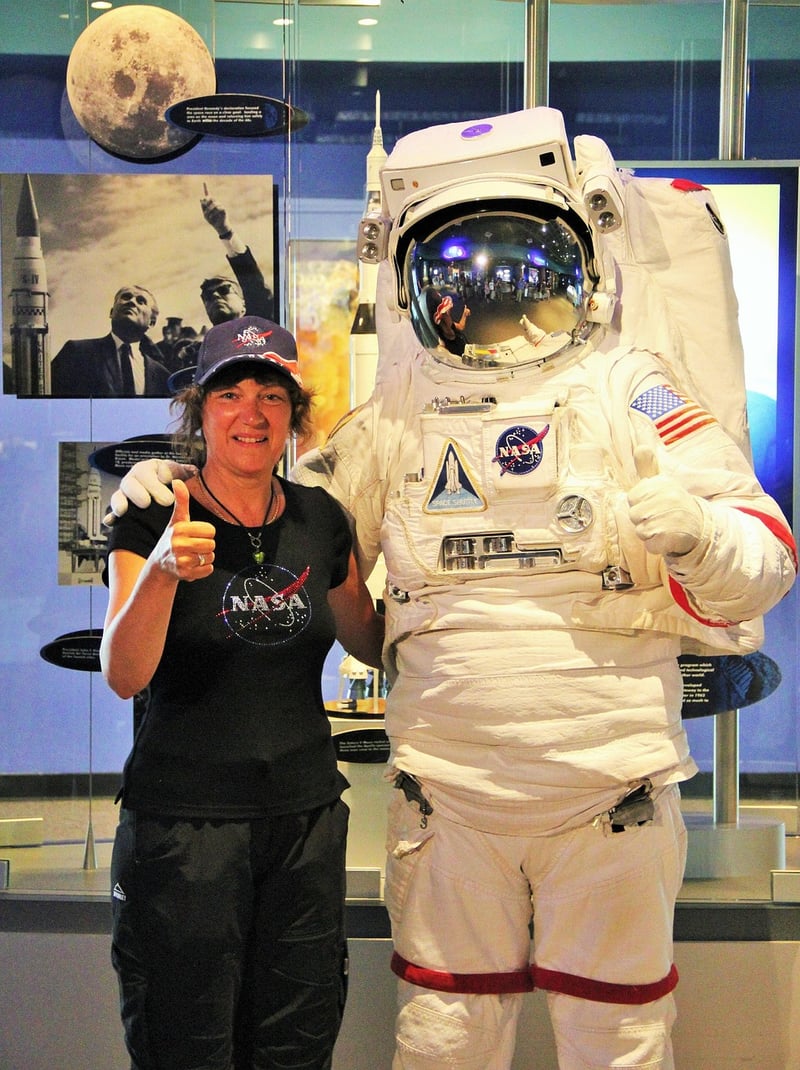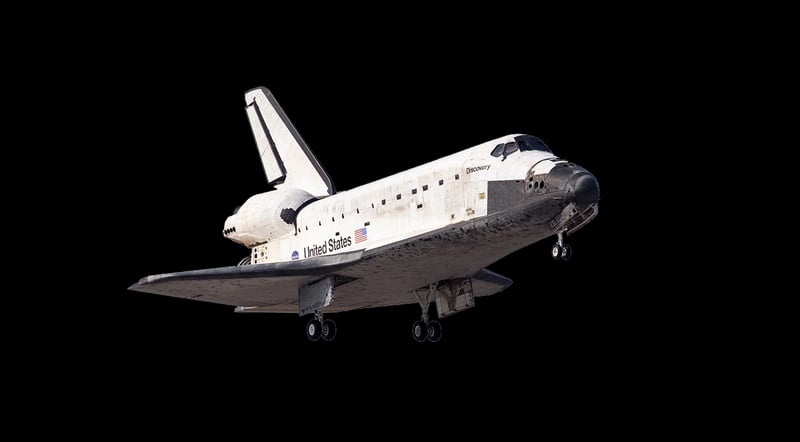Astrobiology Research
Innovations for Space and Astrobiology Research
Exploring the vast expanse of space and delving into the mysteries of astrobiology require cutting-edge innovations and technologies. From advanced spacecraft to state-of-the-art laboratories, researchers are constantly pushing the boundaries of what is possible in these fields. Let's take a closer look at some of the latest innovations shaping space exploration and astrobiology research.
1. Robotic Missions
Robotic missions play a crucial role in space exploration. These autonomous spacecraft can travel vast distances, collect data, and even perform experiments in environments where human presence is not feasible. Robotic rovers like NASA's Curiosity have provided valuable insights into the Martian surface, paving the way for future manned missions.

2. Biohybrid Systems
Researchers are developing biohybrid systems that combine biological components with synthetic materials to create innovative solutions for space exploration. These systems can mimic biological processes, adapt to changing environments, and even self-repair, making them ideal for long-duration missions to distant planets.

3. Astrobiology Laboratories
Advanced astrobiology laboratories equipped with state-of-the-art instruments are essential for studying extraterrestrial life forms and understanding the origins of life in the universe. These facilities allow researchers to analyze samples from space missions, conduct experiments, and simulate extraterrestrial environments under controlled conditions.

4. Space Telescopes
Space telescopes like the Hubble Space Telescope and the James Webb Space Telescope have revolutionized our understanding of the cosmos. These powerful observatories can capture stunning images of distant galaxies, study exoplanets, and detect signs of potential life beyond our solar system.

5. Microgravity Research
Studying the effects of microgravity on biological systems is crucial for understanding how life adapts to space environments. Researchers conduct experiments on the International Space Station and other platforms to investigate the impact of microgravity on human health, plant growth, and microbial behavior.

With these innovative technologies and research advancements, scientists are making significant progress in unraveling the mysteries of space and astrobiology. The quest to discover extraterrestrial life and understand the origins of life in the universe continues to drive exploration and inspire future generations of researchers.
